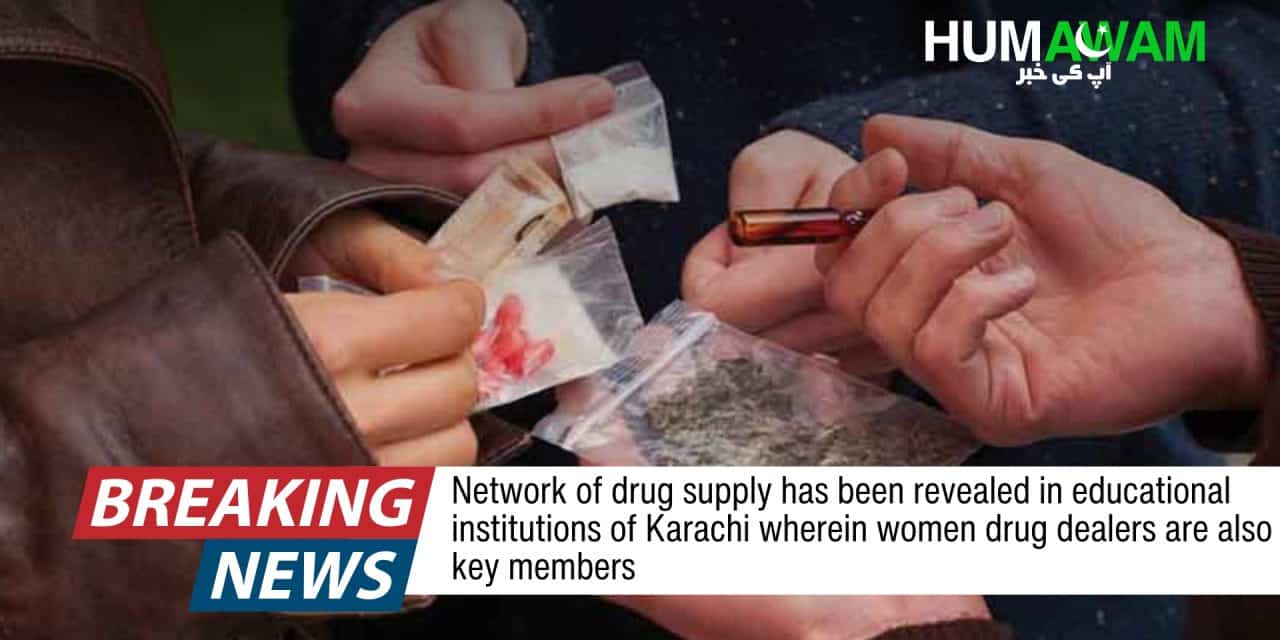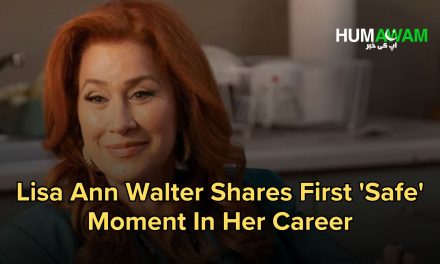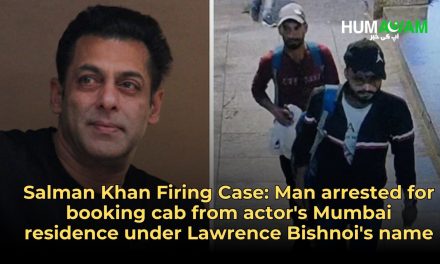Uncover the shocking truth in “Karachi’s Educational Institutes at the Mercy of Drug Smugglers.” A city’s most esteemed institutions have become the breeding ground for a dark underbelly of drug trafficking, where transactions take place as discreetly as ordering fast food. While the sale of illicit substances was once confined to slums and remote areas, find out how these criminal networks have expanded their operations to the heart of the city’s schools, compromising the safety and well-being of Karachi’s youth.
Authorities have raised the alarm, launching investigations into how these drug rings infiltrate educational environments. Interviews with teachers and students reveal a complex web of secret transactions, where drugs are cleverly disguised and exchanged through seemingly innocuous items like textbooks and lunch boxes. The psychological impact on students trapped in this world is profound, leading to deteriorating academic performance and social withdrawal, underscoring the urgent need for intervention and awareness programs to safeguard the future of Karachi’s youth.
Get an in-depth look at the frightening reality of the rising drug addiction problem among students, with cocaine and ice addiction skyrocketing. Discover the cost of these silent killers and their distribution methods hidden beneath the mundane facade of everyday deliveries.
In response to this alarming situation, community leaders and educators call for a collaborative approach to combat this menace. Efforts are being directed toward tightening security within educational institutions and fostering an environment where students can openly discuss their challenges and pressures. Workshops and seminars are increasingly being organized, aimed at sensitizing students to the dangers of drug abuse and providing them with the knowledge and tools to resist peer pressure. Furthermore, establishing anonymous tip lines and counseling services within schools offers a safe avenue for students to seek help without fear of retribution or judgment.
The battle against drug smuggling in Karachi’s schools is a tough one. Still, with combined efforts from educators, parents, law enforcement, and students, there is hope for reclaiming the sanctity of educational environments.
Delve into the workings of the insidious’ Dr. Baloch Group’ and ‘Pinky Group,’ the masterminds behind the relentless drug distribution network. Hear the shocking revelations from graduates who have witnessed the depth of this problem firsthand.
Unraveling the layers of Karachi’s drug problem exposes not only the immediate impact on educational institutions but also the broader implications for society at large. The psychological toll on families, witnessing their young ones succumb to the grip of addiction, is incalculable. Interviews with affected family members depict a harrowing narrative of loss, despair, and frustration. They often feel helpless against a seemingly invincible adversary, compounded by the stigma attached to addiction, which frequently inhibits them from seeking help.
To stem this tide, local NGOs, in collaboration with law enforcement and educational authorities, have initiated outreach programs targeting the most vulnerable segments of the student population. These initiatives aim to create a supportive network that empowers students to make informed decisions, encouraging resilience against the allure of drugs. Additionally, the push for more rigorous law enforcement actions against these criminal syndicates highlights the collective resolve to dismantle the networks that threaten the fabric of Karachi’s society.
Despite the multi-faceted approach to combat the drug menace in Karachi’s educational institutions, challenges persist. The clandestine nature of drug rings and the sophisticated tactics they employ make it increasingly difficult for authorities to stamp out these activities entirely. On the one hand, technological advancements have enabled tighter security measures within schools, like surveillance cameras and more rigorous checks. However, on the other hand, these same advances have also provided drug smugglers with new, innovative methods to evade detection, such as encrypted communication and online transactions that leave little to no paper trail.
Overcoming this issue requires more than a reactive stance from the concerned authorities. There is a pressing need for a proactive and preventive approach, focusing on education and rehabilitation alongside punitive measures against those found guilty. Community-based programs that engage not just students but also their families in open, constructive conversations about the dangers of drug abuse play a critical role. By fostering a culture of transparency and support rather than one of fear and punishment, Karachi can hope to build stronger, more resilient communities that stand united against the scourge of drugs.
The documentary’s investigation into “Karachi’s Educational Institutes at the Mercy of Drug Smugglers” doesn’t just shed light on a distressing issue; it is a clarion call for united action. By weaving together the narratives of victims, families, educators, and reformers, it aims to galvanize public opinion and catalyze comprehensive solutions to rescue the city’s future generations from the clutches of drug dependence.
Understand the urgent concerns raised by public figures like Abdullah of Anti-Narcotics and Faisal Edhi of the Edhi Foundation, and the efforts of the Karachi Police to dismantle this ruthless operation.
They cannot battle this alone. Teachers and parents all have a vital role in combating this growing menace. Unravel one of Karachi’s most alarming issues and participate in the change with “Karachi’s Educational Institutes at the Mercy of Drug Smugglers.”





